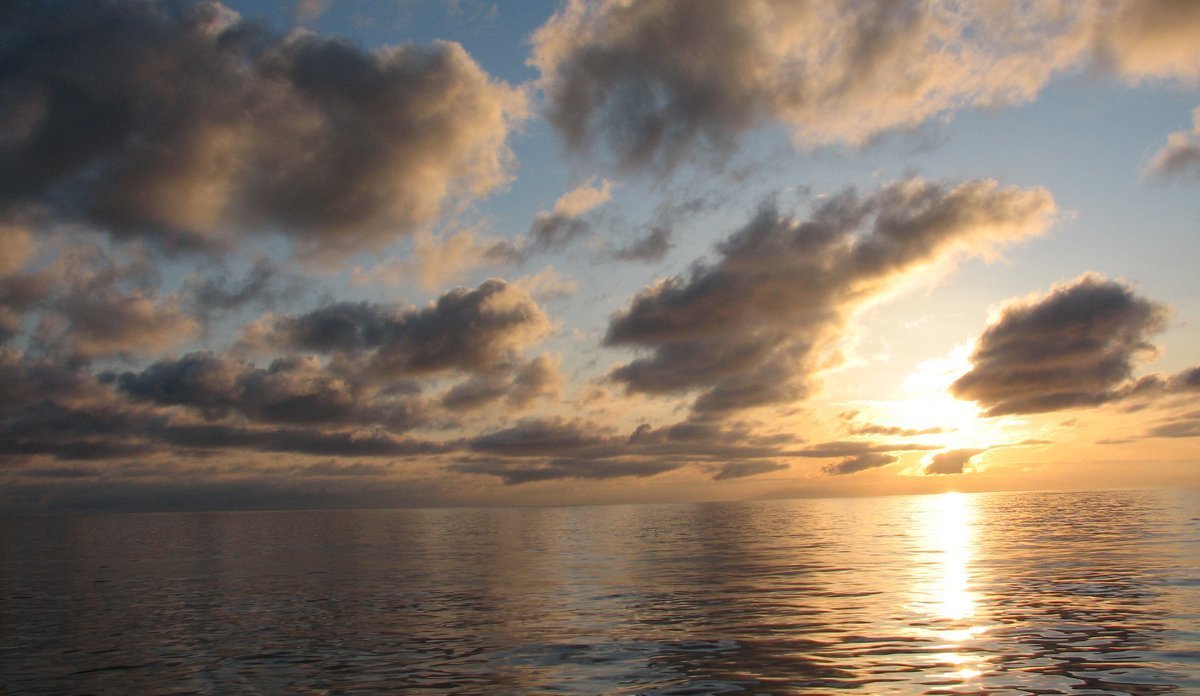The research group works on oceanography and climate in Norwegian areas, and in the Arctic and Antarctic. This includes research, monitoring, assessments and climate projections. The work is based on extensive observational activities and numerical modeling.
We work on climate variability and change, including ocean acidification and marine heat waves. We investigate past, present and future changes. Key focus areas are trends and drivers in the physical and chemical environment, and how such changes affect marine species and ecosystems. Ocean currents, large-scale dynamics and exchanges between different areas, such as the deep basins and the continental shelf, or the ocean and the coast, and across the atmosphere – ice – ocean interface, are other important topics we work on.
The research group has extensive monitoring activities and collects observations from many different platforms (such as research vessels, fixed measuring instruments, Argo buoys, gliders and remote sensing). The observations are combined and used to report the status of the marine climate, in research and in various assessments of the state of the marine ecosystems. In addition, we make projections of the future climate by downscaling results from global climate models. We are also involved in evaluating the effects of human activity such as seabed minerals, offshore wind, oil and offshore aquaculture.
The research group is involved in the Bjerknes Centre for Climate Research (in Bergen) and the High North Research Centre for Climate and the Environment (The Fram Centre) (in Tromsø). We participate in many NFR and EU projects and contribute to annual status updates for ocean climate (WGOH, Norwegian Environment Agency, OSPAR) and ecosystem status (WGIBAR, WGINOSE, WGICA). We are also involved in ongoing national assessments.

